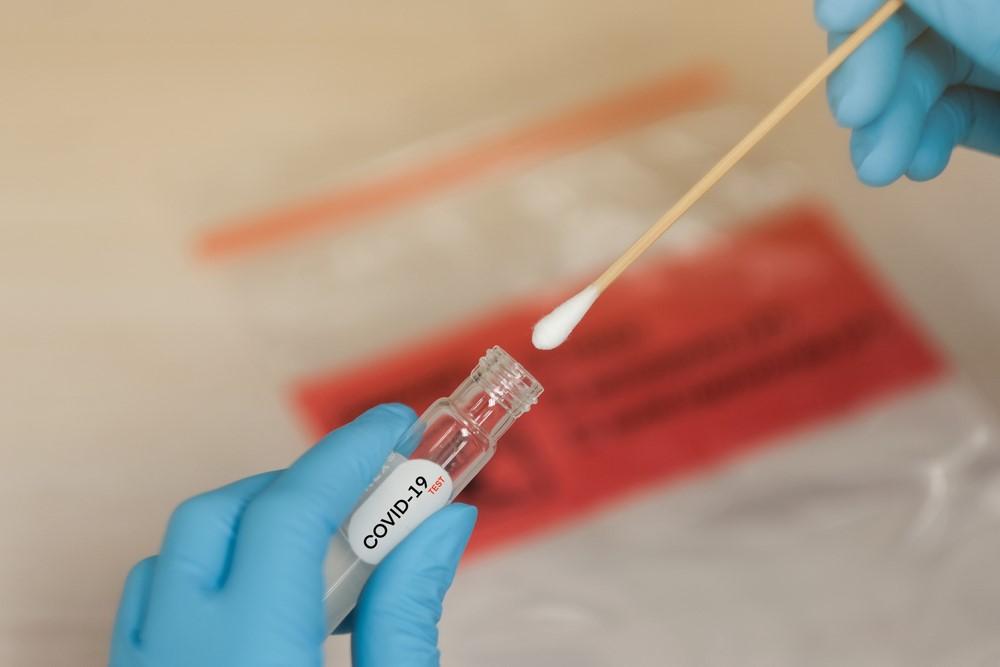
Researchers in Oregon have detected the B.1.1.7 variant of the virus that causes COVID-19 in Grants Pass and McMinnville. The variant, which was first detected in the UK, is about 50% more contagious and likely causes more severe illness than the coronavirus that initially triggered the pandemic.
When people have COVID-19, they “shed” coronavirus when they go to the bathroom. This waste ends up in sewer systems where it can be collected and used to determine if there’s coronavirus in the community. The samples can also be analyzed to determine which variants are present.
For several months now, researchers at Oregon State University have been sequencing coronavirus collected in wastewater samples from cities around the state.
“Our most recent wastewater surveillance identified B.1.1.7 in Grants Pass and McMinnville and faint, possible signals in Albany and Forest Grove, so certainly it’s out there,” said Brett Tyler, head of the OSU Center for Genome Research and Biocomputing, in a briefing with reporters Tuesday.
Despite the detections in the wastewater stream in these communities, determining actual prevalence of the variant is tricky.
“You don’t get a perfectly uniform sample of the community. It depends on who happened to flush the toilet at the particular time when the autosampler was sipping for sewage,” Tyler said.
But the Oregon State team has been pairing its wastewater findings with the results of door-to-door community testing in many locations. Using the relationship between the two, researchers are able to make some estimates.
For example, Tyler says in Grants Pass, 94% of the virus they tested from the samples was the B.1.1.7 variant. He estimates that between 1 and 5 people in every 1000 residents there are infected with the variant.
As of Tuesday, the CDC only reports that 16 cases of the B.1.1.7 variant have been confirmed in Oregon, but these latest findings suggest the actual case numbers are much higher.
While more infectious, research is showing that the B.1.1.7 variant should still be controlled by the current crop of COVID-19 vaccines.
“We’re in a race between these variants and the vaccination program, and everything we can do to give that vaccination program help in getting ahead, we should be doing,” Tyler said.
This story was originally published by Oregon Public Broadcasting and is posted here through a content-sharing agreement among Northwest media outlets.